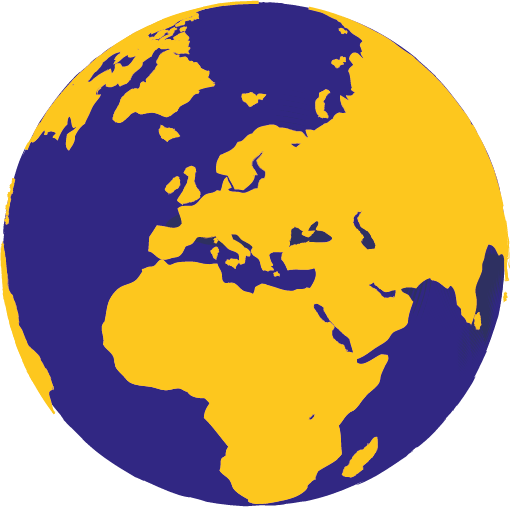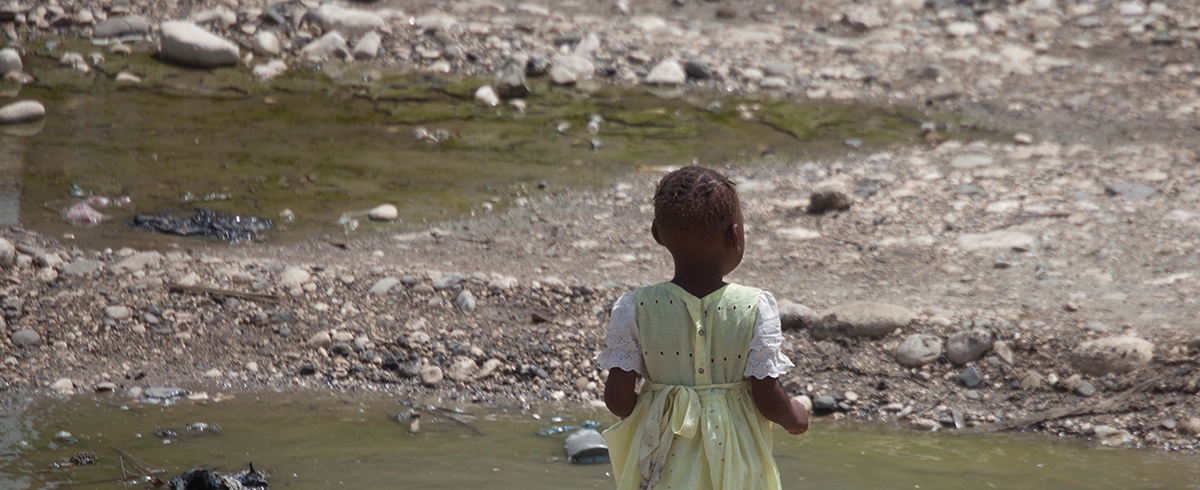On the 5th of February, the Haitian police broke up a trafficking ring at Kaliko Beach – a stunning Caribbean resort that is a hotspot for national and international tourists. Thirty-one girls and young women (the youngest was 13) were rescued, and nine traffickers were arrested. The victims told the police they had been drugged, sexually assaulted and filmed with pornography.
Those of us working in Haiti rejoiced at the police operation. Haiti ranks 8th in the world for Modern Slavery.
Trafficking takes place openly. Children are bought and sold, or stolen from their families – to be exploited sexually or for their labor – often in many of the country’s orphanages, simply to raise money from well-intended foreign donors. Perpetrators are rarely arrested, and there are few state services to protect and support the victims.
But just a year go, the Haitian President set up an Anti-Trafficking Committee, made up of civil servants from many government ministries working together with human rights activists. The Committee has no budget or resources allocated by the government, and all the members have other day jobs. But they have worked steadily over the past year to raise awareness of the problem of trafficking and to try to ensure the arrest and prosecution of traffickers and the protection of the victims.
This, the 5th of February, was a day to celebrate – not only because 31 extremely vulnerable girls were rescued. But also, this seemed to be a sign that Haiti – the country where, more than 200 years ago, slaves rebelled, freed themselves and overthrew French colonial rule – was beginning to take on the terrible problem of modern slavery.
Then last week, for reasons no one can as yet explain, the Kaliko Beach traffickers were released. It was a devastating blow to all of us who care about protecting children. I can only imagine how difficult it must be for the police who worked so hard on this operation and the Anti-Trafficking Committee who are trying to enforce the law and fight a massive tide of crime and corruption.
The victims must be terrified to know the traffickers are one the loose again. What can be done to right this wrong? Firstly, the newly installed government should take on this case as a top priority. The Ministry of Justice should quickly investigate why and how the traffickers were released and arrange for their re-arrest. Secondly, the newly elected President of Haiti, Jovenel Moise, should prioritize the fight against trafficking and allocate enough resources and people to this cause. Thirdly, the international community should condemn the release of the traffickers and ask the Haitian government to investigate what happened and correct this mistake.
Today (14th March) is My Freedom Day #myfreedomday, when CNN raises awareness about the fight against slavery globally. And tomorrow, March 15th, in New York, the UN Security Council will open debate on Modern Slavery. The debate, with the United Kingdom presiding, is to focus on ending forced labor, human trafficking and organized crime.
When children can be bought and sold, as if on the open market, when no one is truly safe from traffickers, a country like Haiti cannot develop. We call on everyone participating in My Freedom Day across the world to condemn this travesty and demand the Haitian government and international community act to ensure this can never happen again.
This blog first appeared on the Huffington Post.
You can read the blog in French here.



